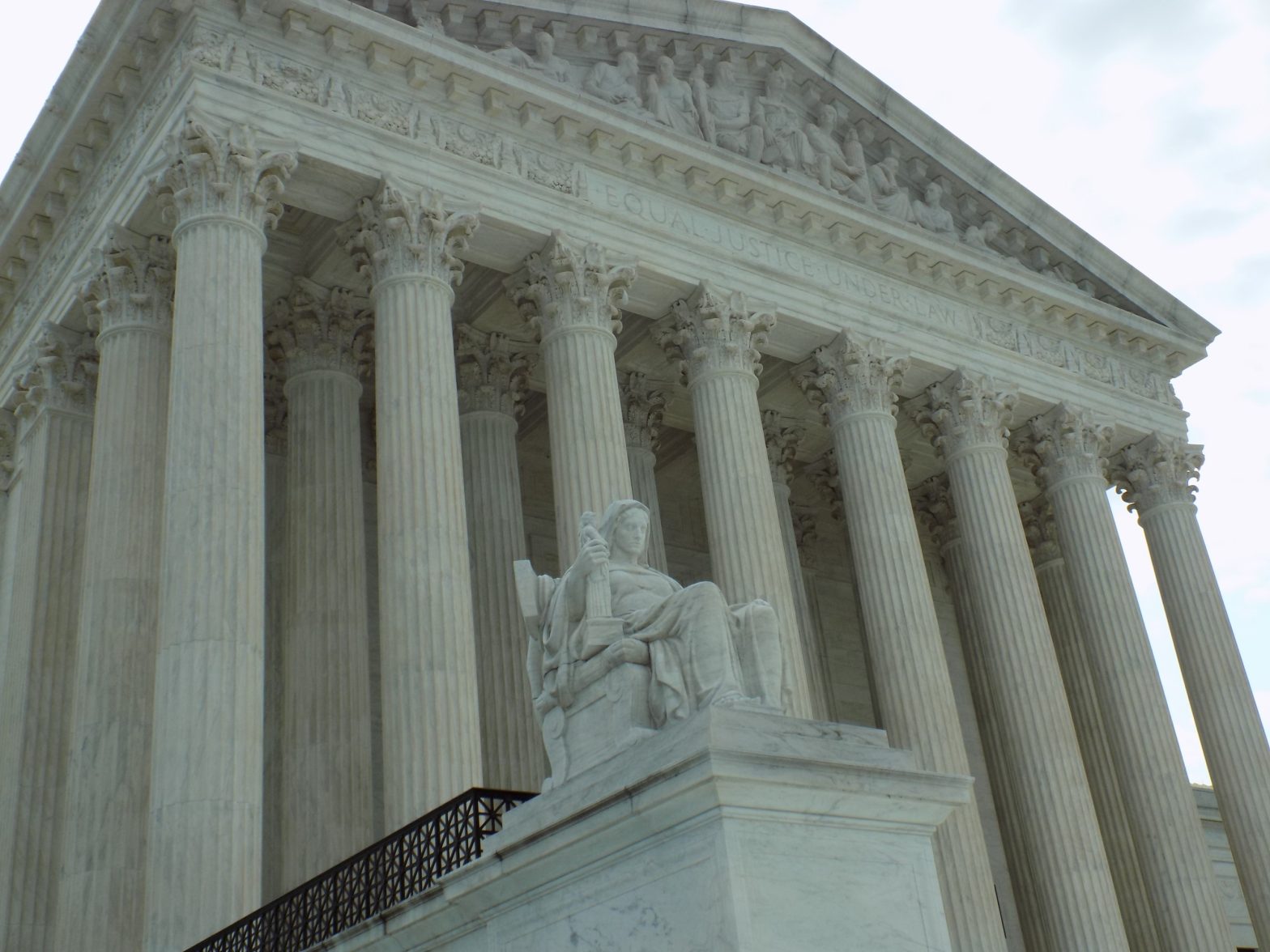High Court Says Scores of Patent Judges Were Improperly Appointed

WASHINGTON – The Supreme Court ruled on Monday that Congress erred when it set up a board to oversee patent disputes by failing to make the judges properly accountable to the president.
As a result, it said, more than 200 administrative judges who preside over patent disputes had been appointed in violation of the Constitution.
In resolving the longrunning case, Chief Justice John Roberts, Jr., writing on behalf of the five-justice majority, said the judges at the heart simply had not been properly appointed.
“The unreviewable executive power exercised is incompatible with their status as inferior officers,” he wrote.
However, though the number of judges involved seems sweeping, the justices offered a narrow solution.
Rather than toss the current system of appointing patent judges, the high court said the current judges will hold onto their seats — al beit with additional supervision — and that the director of the U.S. Patent and Trademark Office will have greater power to review the judges’ decisions.
The director is nominated by the president and confirmed by the senate, “fixing” the flaw in how Congress set up a board to oversee patent disputes.
The underlying case was filed by a medical technology company, Arthrex, which had patented a surgical device for reattachig soft tissue to bone.
Arthrex sued a British company, Smith & Nephew, for patent infringement in 2015. The companies ultimately settled, but Smith & Nephew continued to challenge Arthrex’s patent.
A panel of three administrative judges on the Patent Trial and Appeal Board sided with Smith & Nephew and found Arthrex’s claims unpatentable.
But Arthrex appealed to the U.S. Court of Appeals for the Federal Circuit in Washington, arguing that the patent judges’ decision should be thrown out because they had not been properly appointed.
The question for the court had to do with whether Congress violated the Constitution’s Appointments Clause in the way it set up the board. The board’s judges are not appointed by the president and confirmed by the Senate but instead appointed by the Secretary of Commerce.
The appeals court agreed, ruling that the judges were “principal officers” under the Constitution, meaning that they had to be appointed by the president and confirmed by the Senate.
The appeals court’s solution to the constitutional problem was to strike down a part of the law that protected the patent judges from being fired without cause.
This “solution” effectively demoted them from “principal officers,” the appeals court said.
As a result of the Supreme Court’s decision, the case will be sent back and the Patent Trial and Appeal Board’s acting director can decide whether to rehear the petition filed by Smith & Nephew.























